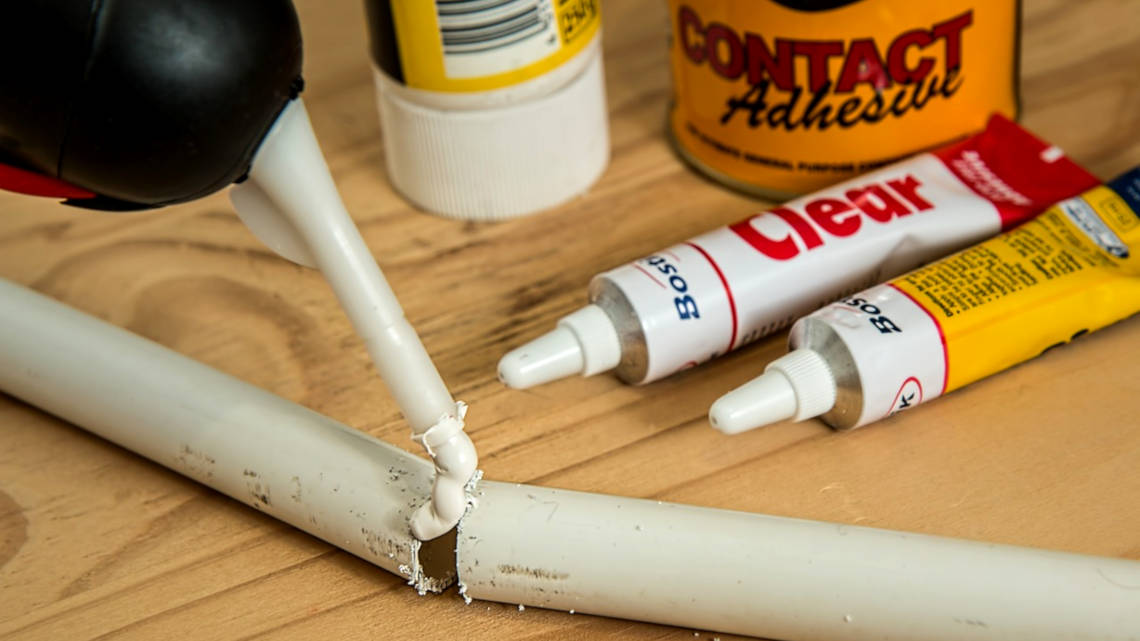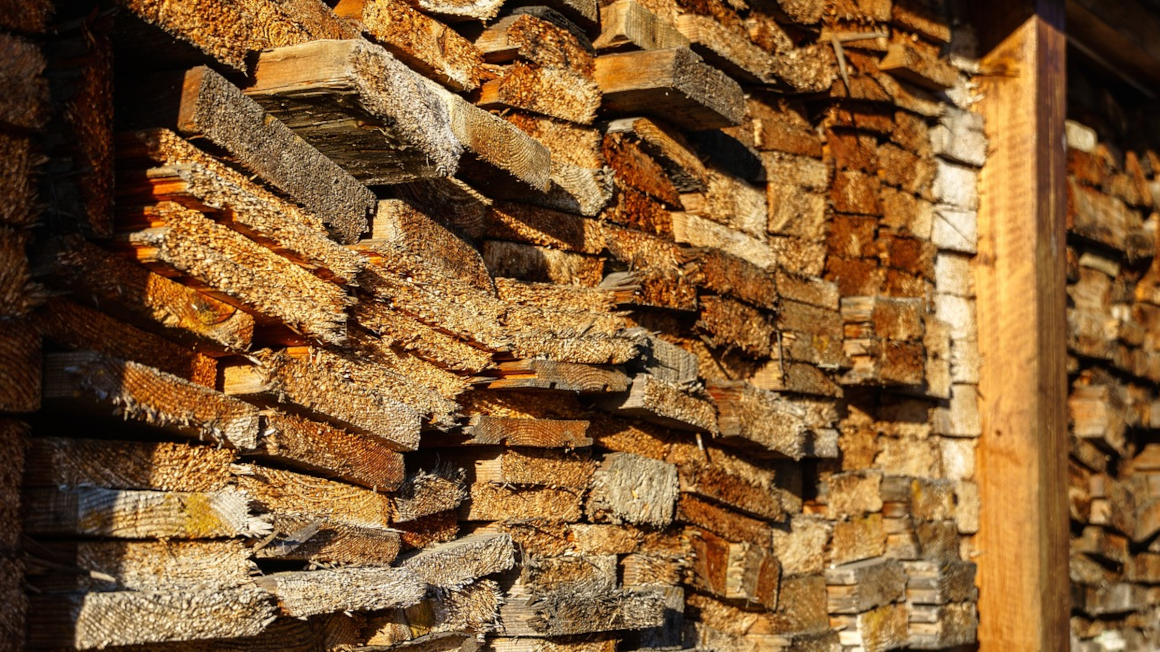Bio-based adhesives with added value
Bio-based adhesives are not only more sustainable. They also have other advantages over their petrol-based counterparts, as an analysis by the Fraunhofer Institute for Wood Research shows.

In many areas, the chemical industry is trying to replace petroleum-based products with bio-based alternatives. However, sustainability, which is welcomed by consumers, is not always a sufficient argument for actually using the new raw materials. The threshold for this is low for raw materials that can be substituted without having to change processes or equipment. However, if development work or even investments in the conversion of existing plants are necessary, economic aspects hamper the switch to ecological alternatives.
Overview study for various applications
Lydia Heinrich, a chemist at the Fraunhofer Institute for Wood Research (WKI) in Braunschweig, has now prepared an overview study for the adhesives sector that describes further advantages of biobased raw materials for the individual adhesive applications. Her findings have been published in the specialist journal "Green Chemistry".
New functionalities and easy handling
The analysis focused on new functionalities made possible by different molecular structures and inherent strengths of vegetable oils such as their hydrophobicity. It should also be noted that bio-based raw materials usually pose lower risks to human health. This opens up new areas of application, for example in human medicine. Bio-based adhesives are also less critical for ecosystems because they can be biologically degraded. Simple recycling processes also make it possible to close the raw material cycle and avoid waste.
Cost savings and improved performance possible
Last but not least, the researcher finds that bio-based alternatives can also outperform mineral oil-based adhesives in terms of performance. She also takes up the economic argument: Due to their uncomplicated handling and low raw material costs, biobased adhesives also offer potential savings that can compensate for possible conversion or development costs.
bl/um


